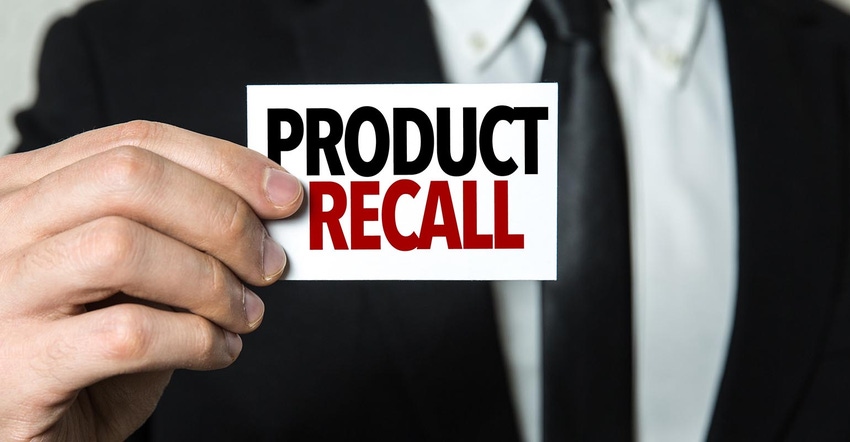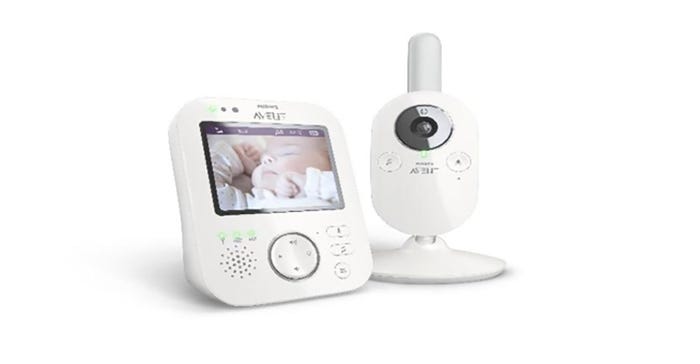The Crucial Role of Regulatory Recalls in Ensuring Battery Safety
The Philips Avent digital video baby monitors recall highlights the importance of independent regulatory agencies enforcing battery quality control.

In a recent development, Philips Avent issued a recall for some of its digital video baby monitors— models SCD630 and SCD843 only, manufactured between March 2016 and December 2019—due to concerns about overheating their rechargeable lithium-ion batteries. Phillips states, "There is a low risk that the battery in the parent unit may overheat while plugged into the electrical outlet.”
Meanwhile, the US Consumer Product Safety Commission (CPSC) announced that there have been 23 instances of Philips Avent video baby monitors experiencing overheating, leading to seven cases of minor injuries in Europe. However, there have been no reported incidents or injuries related to this issue in the United States.

The recall emphasizes the potential dangers associated with lithium-ion batteries, shedding light on the importance of stringent quality control and safety measures in battery product safety. Secondary batteries, such as lithium-ion batteries, have become a staple power source for numerous consumer electronics due to their compact size and high energy density. However, these batteries are not without their risks.
When exposed to certain conditions, such as manufacturing defects or exposure to excessive heat, they can become prone to overheating, swelling, and even, in rare cases, exploding. This risk is particularly concerning in devices designed for use around children, as the consequences of a malfunction can be severe.
The Philips Avent digital video baby monitor recall serves as a reminder of the need for manufacturers to prioritize safety in all stages of production. Every step must be scrutinized to prevent potential hazards, from the design phase to sourcing components and quality control. Additionally, transparent communication with consumers is vital when a safety concern arises.
Moreover, this incident serves as a poignant illustration of the broader concern surrounding lithium-ion battery safety across a multitude of industries. Beyond just baby monitors, the vulnerabilities inherent in lithium-ion batteries have been witnessed in instances of e-bike fires taking place in NYC, further emphasizing the urgency to address this issue comprehensively.
Battery technologies are evolving and becoming integral to our daily lives; we use them in smartphones, e-bikes, and many other portable electronics in a household. The potential risks associated with these powerful but delicate energy sources become more apparent. Manufacturers and regulatory bodies must collaborate to establish robust safety protocols encompassing the entire lifecycle of products utilizing lithium-ion batteries, from design and production to usage and disposal. Proper storage, usage, and monitoring of lithium-ion battery devices can significantly mitigate the likelihood of incidents.
About the Author(s)
You May Also Like





